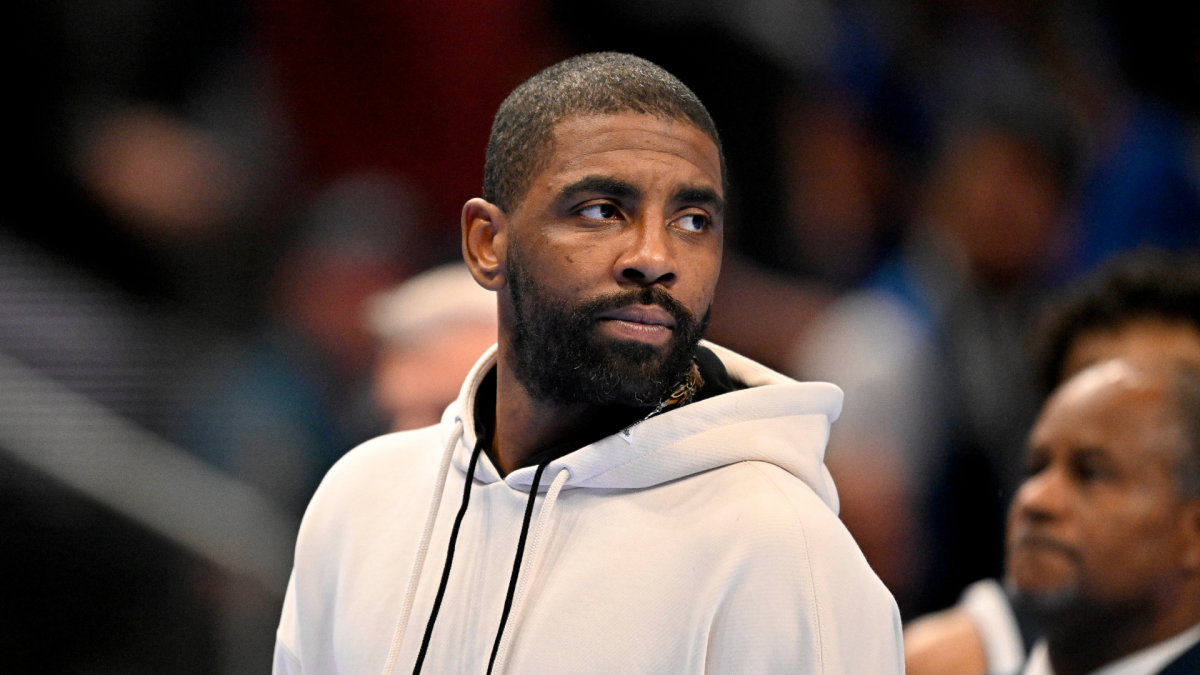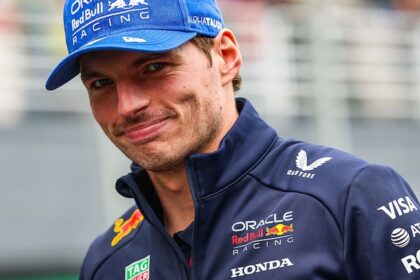Kyrie Irving, who will turn 34 this March and suffered an ACL tear eight months ago, remains a key figure for the Dallas Mavericks as they navigate their season. Although Anthony Davis, a year younger than Irving, is rumored to be available for trade, the Mavericks seem equally committed to keeping Irving on their roster. Insider Shams Charania shared on NBA Today that despite teams showing interest in Irving and assessing his status post-injury, Dallas has privately emphasized that Irving is part of their long-term plans, especially considering his on- and off-court leadership and potential synergy with young talent Cooper Flagg.
Flagg, who is close to turning 19, will likely need a point guard when Irving returns, and his absence has been felt in tight games so far. This scenario sets Irving apart from Davis, as the Mavericks seem more inclined to trade Davis rather than Irving. Mark Stein from The Stein Line mentioned that Dallas is not pushing Irving to seek a trade and highlighted the positive chemistry developing between Irving and Flagg in practice. However, the team faces a strategic challenge: after the 2026 draft, the Mavericks won’t control their draft picks until 2031, signaling a need to trade veterans for early picks and prospects to build around Flagg and future draftees.
Irving’s return timeline is still under evaluation, but should he make a successful comeback before the February 5 trade deadline, his significant contract—$36.6 million this season, $39.5 million next season, and a $42.4 million player option for 2027-28—could spark intense trade interest. Comparatively, Davis holds a similar but higher-valued contract. The Mavericks’ management situation is also in flux, with no permanent general manager and ownership, including Mark Cuban, still pushing for success despite a challenging start at 4-12. The firing of the previous coach, who did not back star Luka Doncic, symbolizes a reset for the franchise, emphasizing a future centered around Cooper Flagg and the team’s rebuild.
In sum, while the Mavericks are deeply invested in Irving’s recovery and role, trading him isn’t off the table, especially as they focus on long-term growth through younger players and draft assets.
Fan Take: This situation is intriguing for basketball fans because it highlights how teams balance veteran talent and injury risks against promising young players and draft strategy. Irving’s potential return and trade value could reshape the Mavericks’ trajectory and influence team-building decisions across the league, underscoring the evolving dynamics of player management and roster construction in modern NBA.



